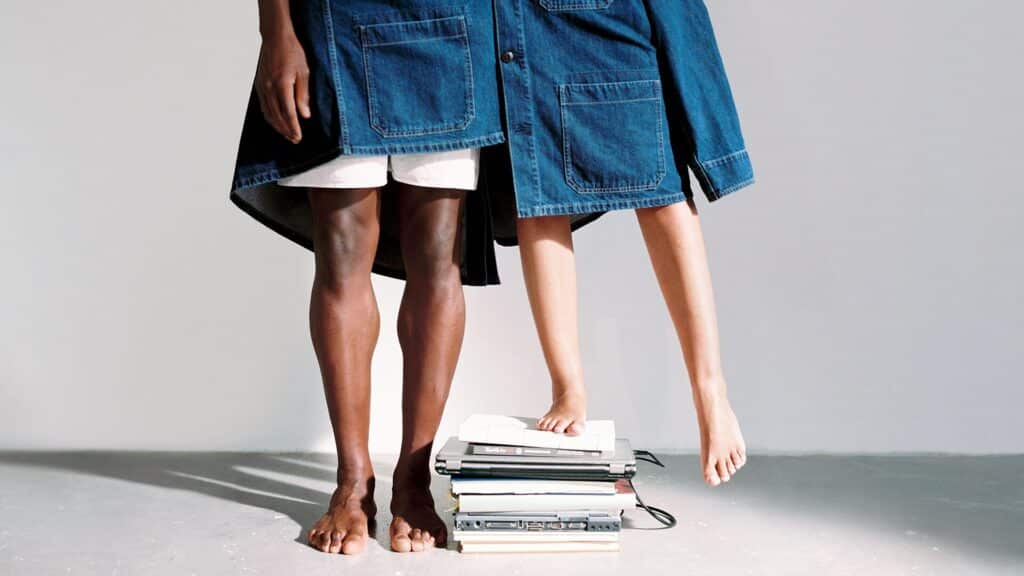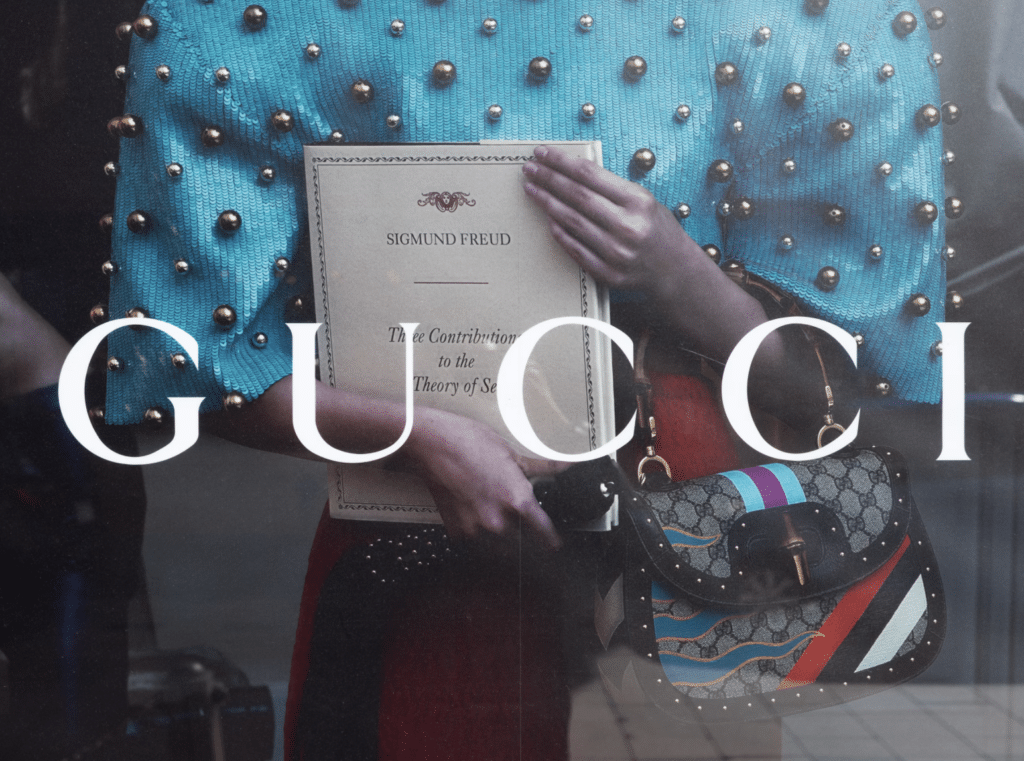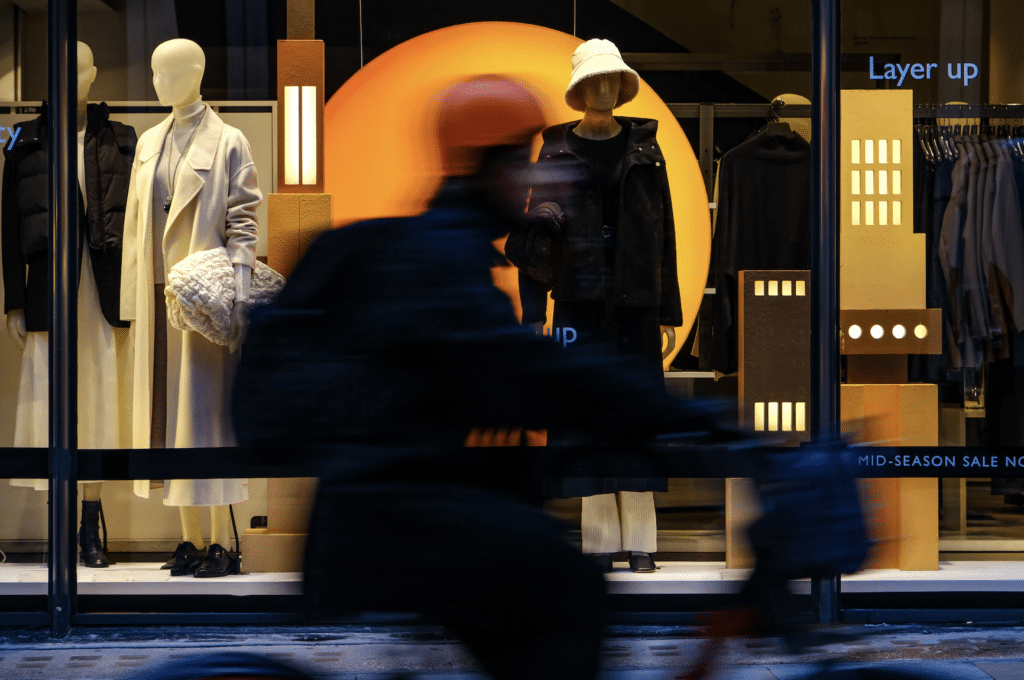Analysts are calling Hermès “the most resilient player in the luxury goods space” on the heels of the company reporting revenue for the second quarter. The Paris-based brand revealed on Thursday that comparable sales fell by 42 percent in the April to June period due to the impact of “the health crisis and stores’ closure,” and 25 percent for the first six months of the year to $2.92 billion, with sales for its coveted leather goods down by 25 percent for the first half of the year, which is less than the 29 percent drop in both ready-to-wear sales and cosmetics despite a “very successful launch of the Beauty line,” and the 39 percent drop for its silk and textiles division.
With its 42 percent drop in sales for Q2, Hermès’ revenue is down more than LVMH Moët Hennessy Louis Vuitton, for instance, which saw like-for-like sales fall by 38 percent to $9.2 billion for the 3-month period, but less than Gucci and Bottega Veneta’s parent company Kering, which reported a 43.7 percent fall for the same time frame. Nonetheless, as Reuters notes, Hermès has long maintained some of the most impressive operating margins (i.e., operating income divided by revenue) in the industry, and it remains the leader in this sense.
While it was not immune to a drop in profitability, Hermès reported a margin of 21.5 percent for the first half of 2020 compared to 34.8 percent for the same period last year, which is quite a bit more than the 9.1 percent margin of LVMH (down from its margin of 21.4 percent for the first half of 2019). Meanwhile, Kering falls in the middle, yielding an operating margin of 17.7 percent for the first half of 2020, down from 29.5 percent last year.
In its release on Thursday, Hermès asserted that “as expected, the pandemic intensified in the second quarter in Europe, America and again in certain Asian countries, leading to the temporary closure of the stores in compliance with the various governmental directives, and the stoppage of the production sites in France and Europe to protect all the employees.” The company, which has repeatedly fared better than most of its peers in times of market volatility and financial distress, revealed that it hired 250 people in the first six months of the year “mostly in production,” per Reuters, and also “slightly” increased prices.
Speaking specifically to online sales, executive chairman Axel Dumas revealed that they increased by 100 percent or more in China during the first half of the year, and have been on the rise even as stores re-open, mirroring the sentiment that Kering stated in connection with China’s enduring e-commerce use post-COVID in its own revenue report this week. The company – which does not break down its sales on an in-store versus online basis – says that around 75 percent of online sales are from new customers, with Dumas stating that online sales are “really additional business more than a transfer [from one channel to another].”
One fun fact that the company shared during the call in regards to new online sales: one first-time buyer purchased an Hermès couch online during the first half of the year, a range where prices start at $35,500 (for a Matieres reception sofa) and can reach $99,200 (for its Sofa Sellier 5-seater corner), per Reuters.
Reflecting on Hermès’ performance in the half, analysts for Sanford C. Bernstein & Co. assert that its “brand traction and consumer desirability remain strong, positioning the company to get out of the crisis in good shape.” In terms of new products, they say that the company is “able to benefit from word of mouth, rather than big launch parties,” which is one of the reasons why Hermès “will be stronger in the world of tomorrow.”
Bernstein also pointed to Hermès as an example of a company with “a highly responsible attitude to employment,” noting that “the avoidance of government subsidies” in connection with the COVID-19 pandemic “should be a badge of honor for investors interested in ESG.” In April, Hermès vowed to maintain the basic salary for its 15,500 global employees in lieu of relying on funding from the French government.
Hermès management was unable to provide an outlook for the rest of 2020 but stated that in the company should resume normal growth in 2021, which will be helped along, according to Bloomberg Intelligence analyst Deborah Aitken, by “brand desirability, exclusive price points, waiting lists on some designs, and limited volume.”














